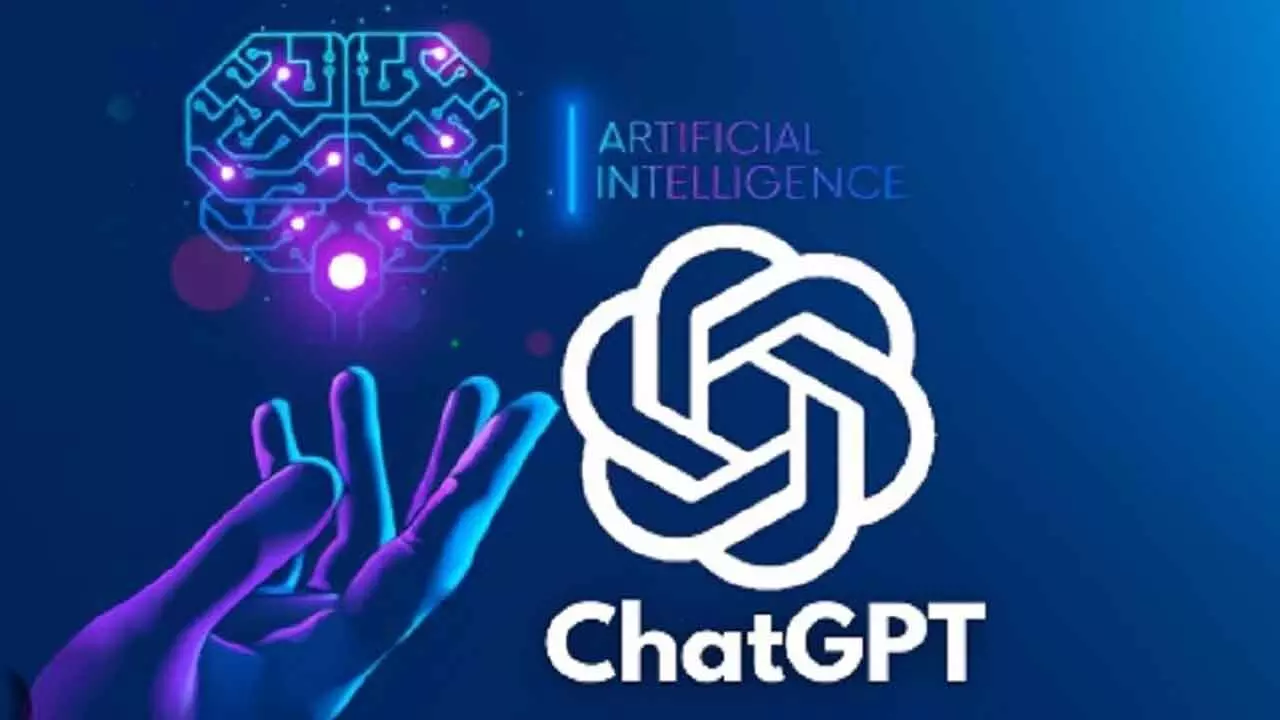OpenAI Launches ChatGPT Memory Tool to Recall User Preferences
OpenAI introduces memory in ChatGPT, allowing the AI to recall user preferences and personalize future conversations across all chat formats.
image for illustrative purpose

OpenAI has officially launched a memory feature for ChatGPT, enabling the AI to retain personalized information shared by users across different conversations.
With memory activated, ChatGPT can now store and retrieve details users voluntarily provide, such as dietary preferences, location, or personal habits. This enhancement supports users in receiving responses that align more closely with their individual needs and preferences.
The rollout was confirmed by OpenAI CEO Sam Altman, who posted on social media that the improved memory capability allows ChatGPT to reference all past conversations. He described it as a step toward more personalized and useful AI systems.
Users can prompt the chatbot to remember specific facts, such as allergies or food preferences, and the system incorporates this information into future interactions. The feature is compatible across text, voice, and image-based chats.
OpenAI emphasized user control over data retention. Individuals can view stored information by asking ChatGPT what it remembers, delete selected memories, or turn off the memory function entirely. A Temporary Chat option allows for sessions without memory.
ChatGPT’s memory functions through two mechanisms: saved data users instruct it to remember, and insights drawn from previous chats to identify patterns. While saved memories have a storage limit, chat history references do not. Users receive alerts when memory storage nears capacity.
For Enterprise and Edu users, OpenAI expanded storage capacity by 20 per cent effective February 18, 2025. This upgrade supports professional and academic use cases where consistent, personalized responses can enhance productivity.

